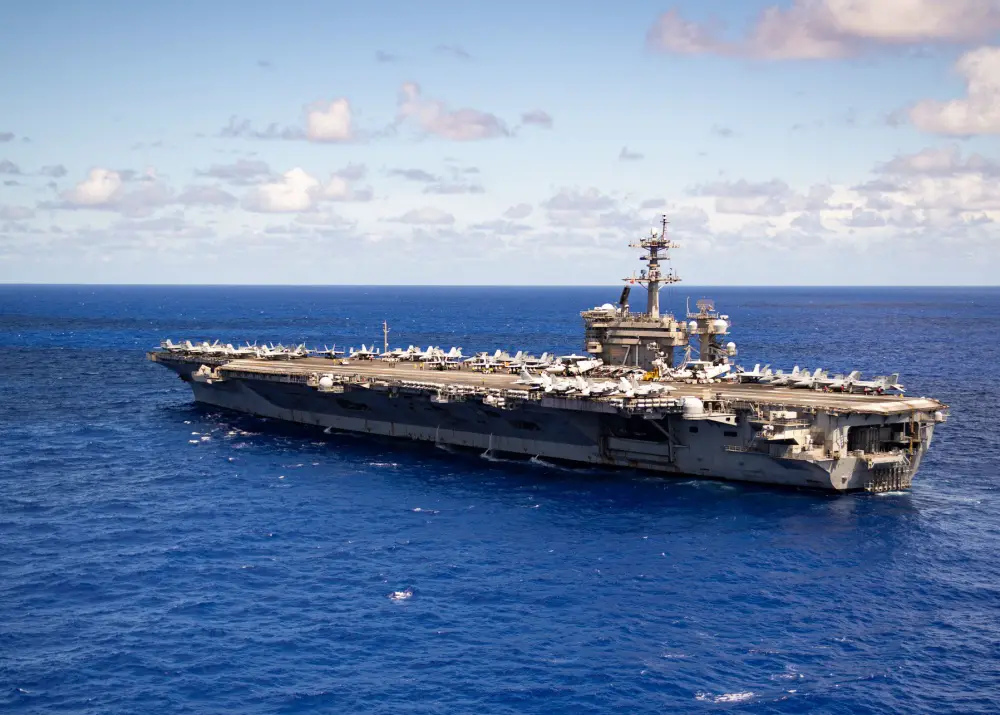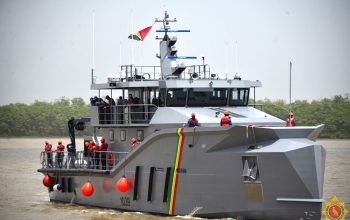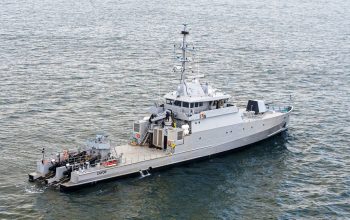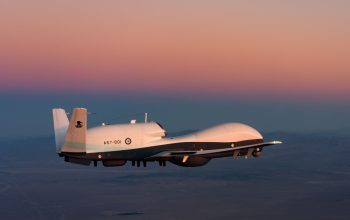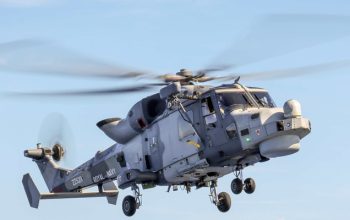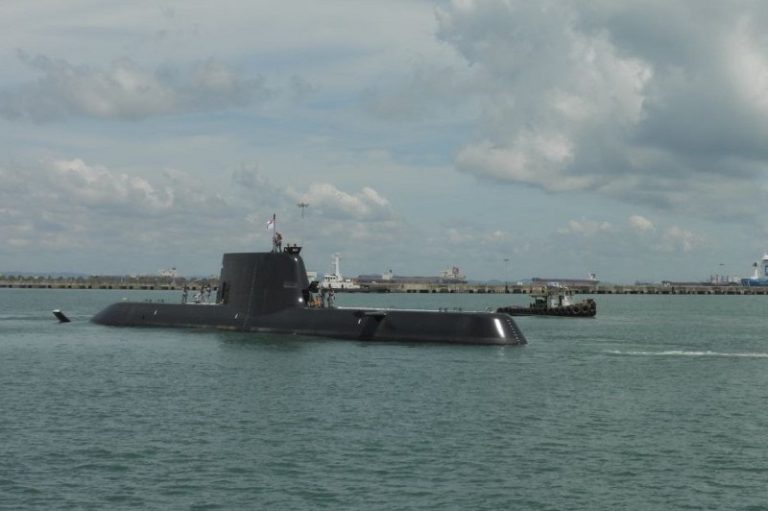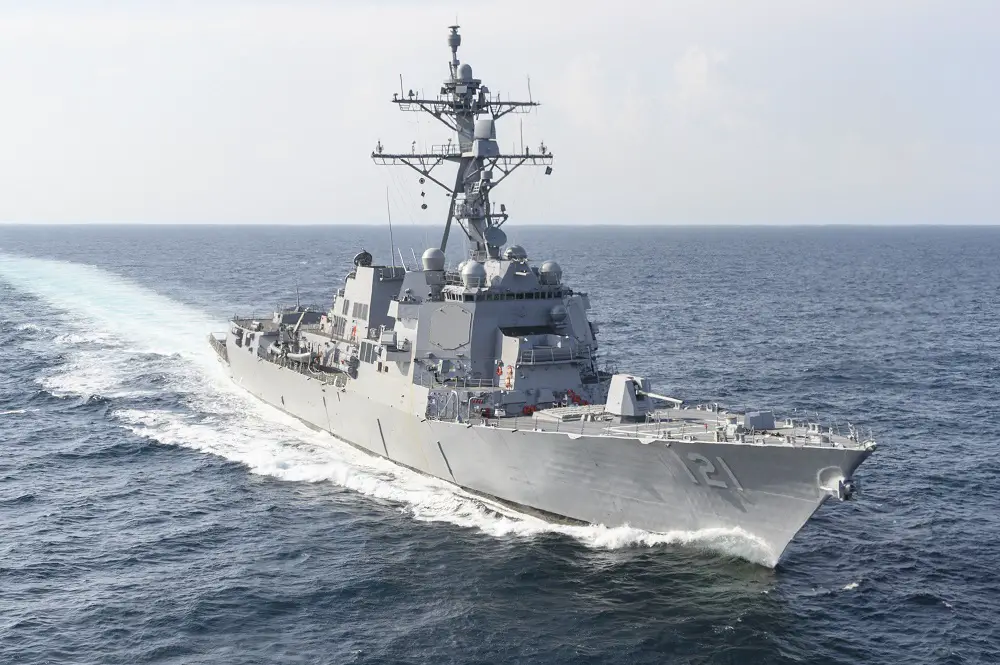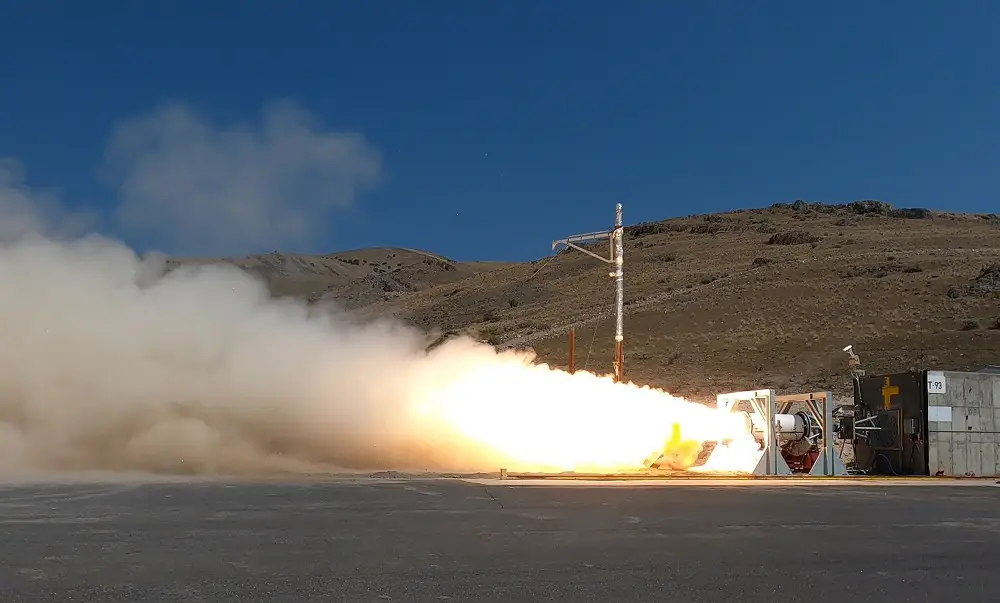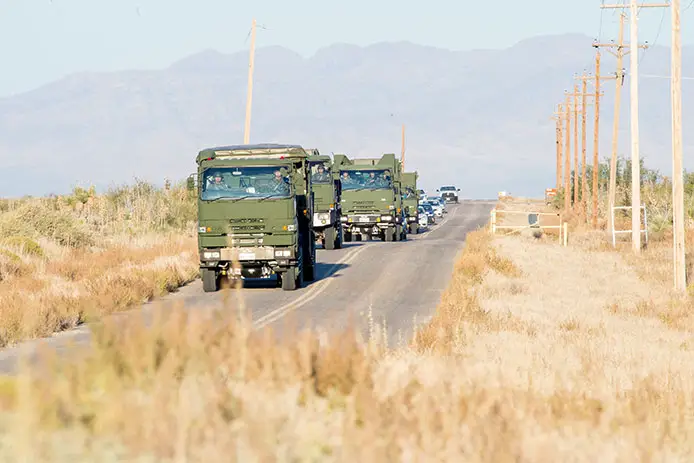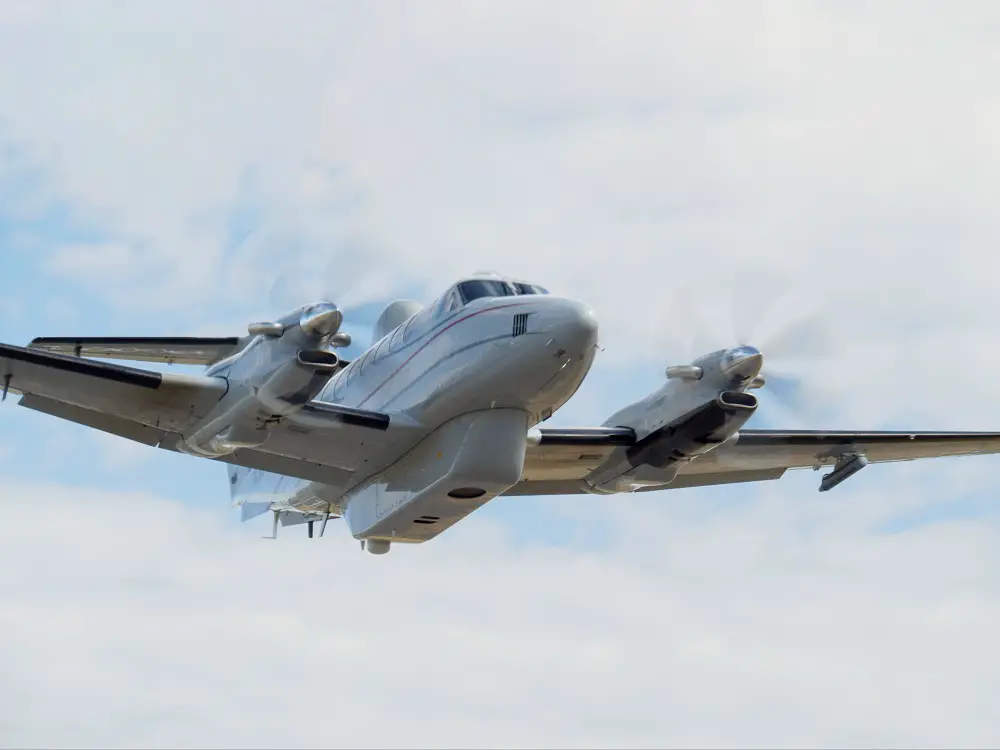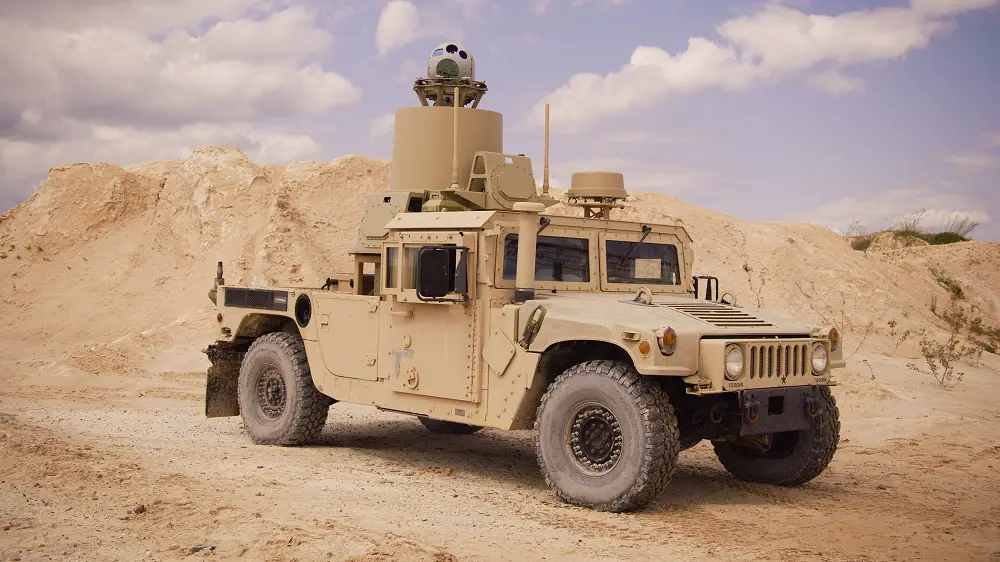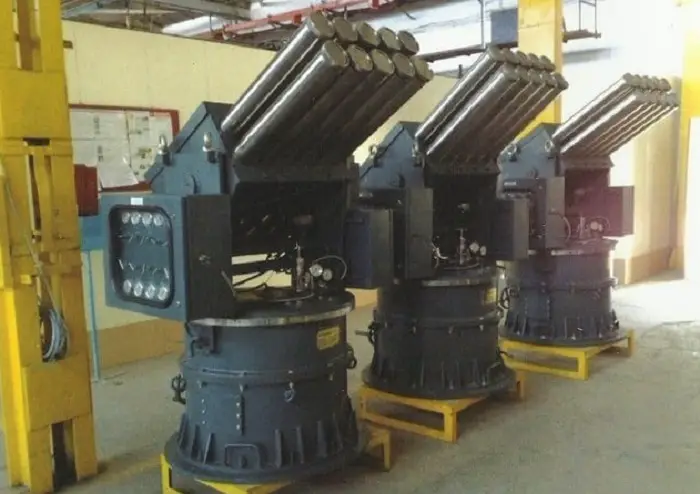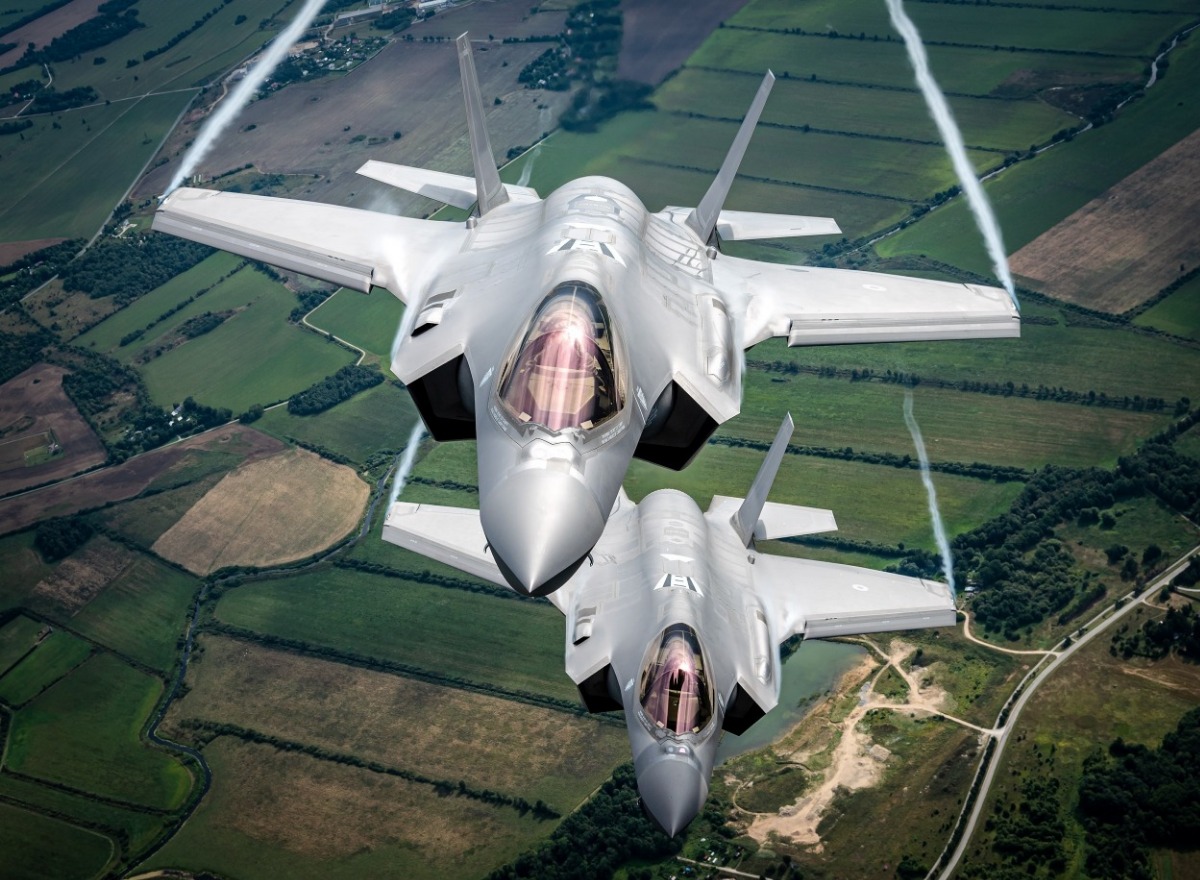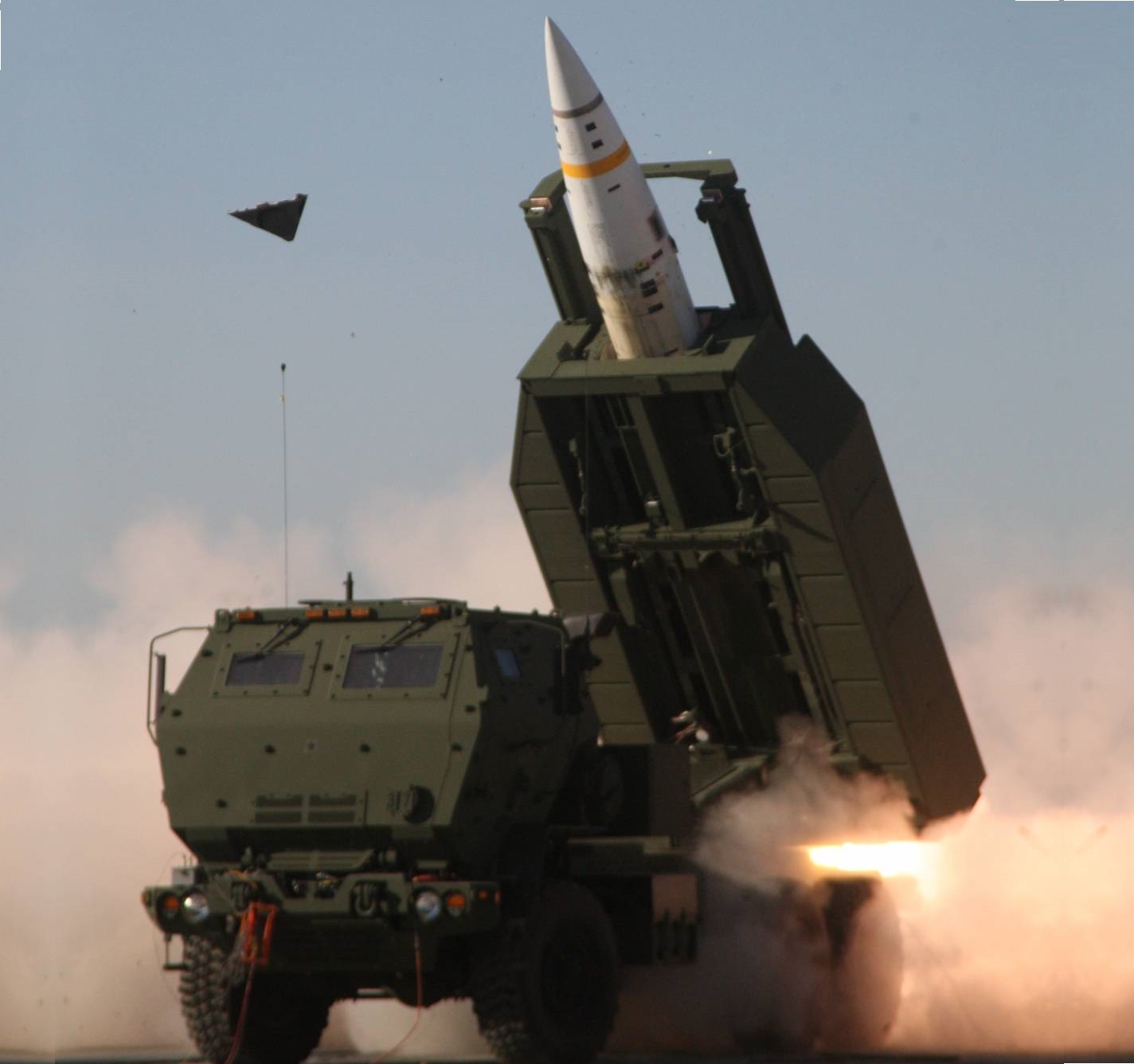The U.S. Navy is sending three aircraft carriers to waters near China as bilateral tensions rise, a move interpreted by foreign media as a warning to China. It has been nearly three years since so many US aircraft carriers have been simultaneously deployed in the region, noting this move comes as tensions between China and the US are rising over topics like COVID-19, Hong Kong’s national security law and the South China Sea. The three US aircraft carriers, namely the USS Theodore Roosevelt, USS Nimitz and USS Ronald Reagan, together with other US naval warships and aircraft, are patrolling the Indo-Pacific waters, the Associated Press reported on Friday.
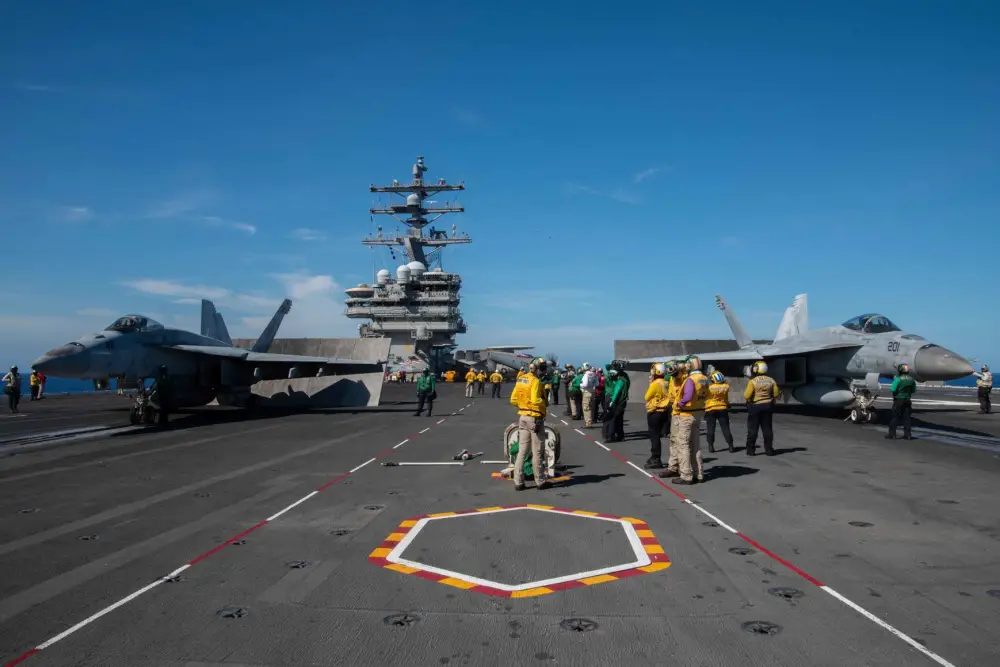
China could counter the US move by enhancing its own war preparedness and holding corresponding drills, telling the US that China is capable of and determined to safeguard its territorial integrity. In addition to standard naval warships, aircraft and missiles, China possesses a wide range of weapons designed to sink aircraft carriers, like the medium-range anti-ship ballistic missile DF-21D that can cover the First Island Chain, and the intermediate range anti-ship ballistic missile DF-26 that can reach Guam. These missiles can attack medium-sized to large surface vessels from above at very high speeds, making them difficult to intercept, according to publicly available information.
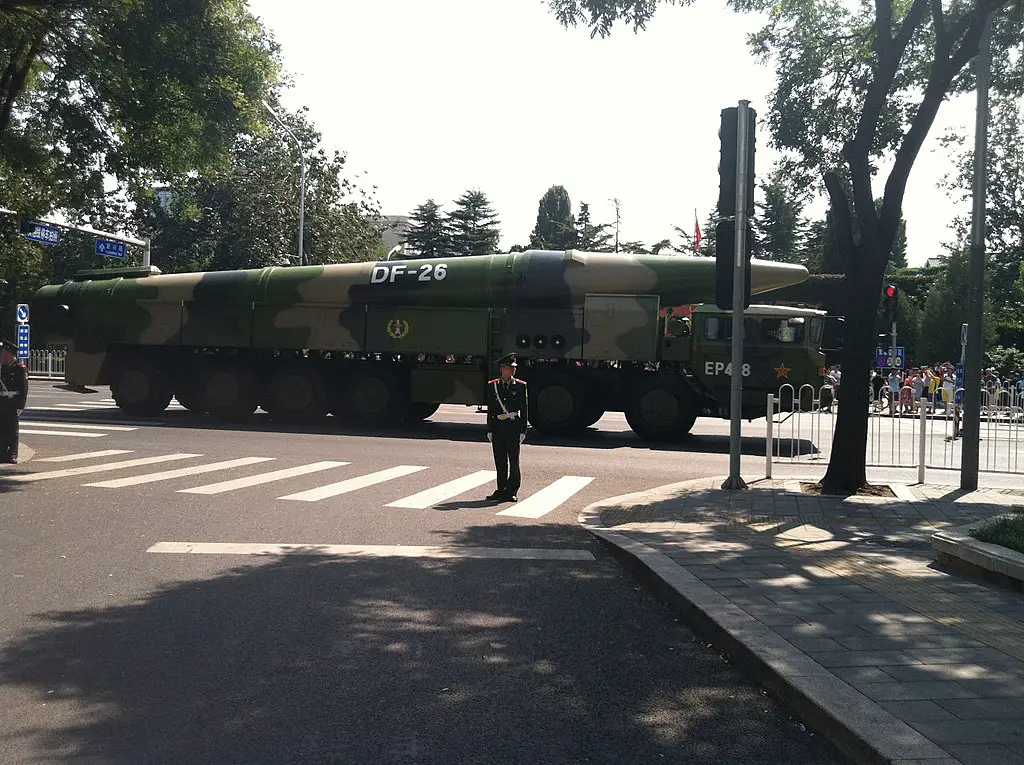
The Dong-Feng 21 (DF-21) is an anti-ship ballistic missile that has a maximum range exceeding 1,450 kilometres (900 mi; 780 nmi), according to the U.S. National Air and Space Intelligence Center. The Intelligence Center did not believe it was deployed in 2009. The guidance system is thought to be still in an evolutionary process as more UAVs and satellites are added. It has been noted to have difficulties with internal power systems and loses accuracy over flight time. The U.S. Department of Defense stated in 2010 that China has developed and reached initial operating capability (IOC) of a conventionally armed high hypersonic land-based anti-ship ballistic missile based on the DF-21.
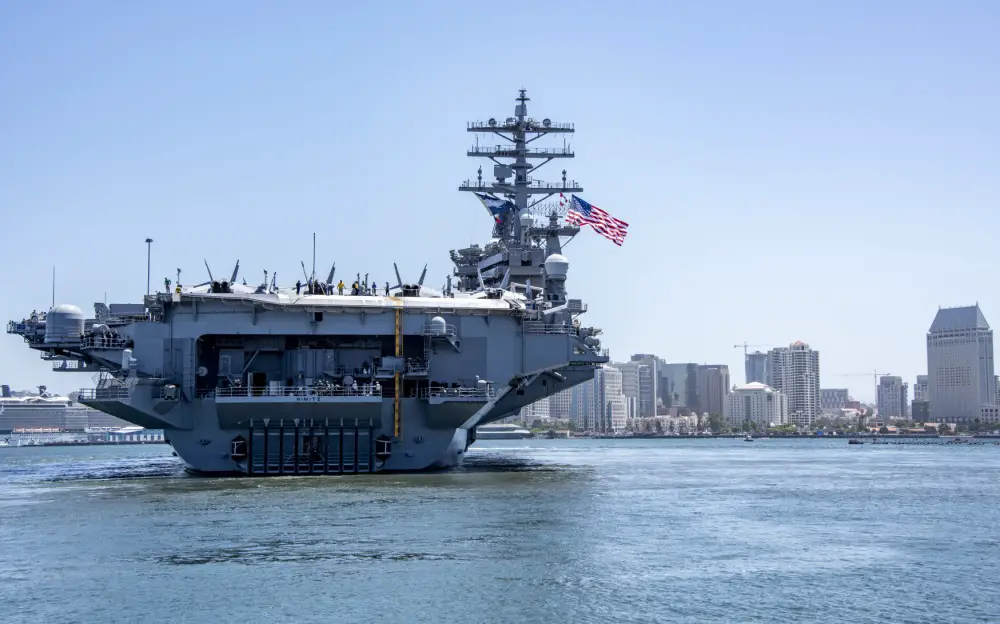
The Dong-Feng 26 (DF-26) is an intermediate-range ballistic missile deployed by the People’s Liberation Army Rocket Force and produced by the China Aerospace Science and Technology Corporation (CASC). The DF-26 has a range of 4,000 km (2,500 mi) and may conduct precision nuclear or conventional strikes against ground and naval targets. It is China’s first conventionally-armed ballistic missile capable of reaching Guam and the American military installations located there; this has led to the missile being referred to by netizens as the “Guam Express” or “Guam Killer”. The United States believes the missile was first fielded in 2016, with 16 operational launchers in 2017.
